Dank and mossy, the "invasion" tunnels dug by North Korea beneath its border with the South are a grim reminder the two sides remain at war, locked in a tenuous, decades-long truce watched over by soldiers, tanks and barbed wire.
Now, the communist regime's confirmation it is reviving its nuclear reactor and speculation about Stalinist leader Kim Jong Il's ill health are heating up tensions, with some fearing Kim's death -- with no named successor -- could cause the regime to fall and hordes of North Koreans to flee.
Analysts say the South Korean government is working on a contingency plan laying out how to handle potential crises, from a nuclear leak to a regime collapse.
Meanwhile, at the border -- the world's most heavily fortified -- life goes on in what passes for normal for the 2 1/2-mile-wide strip along the 38th parallel that separates the two states.
South Korean soldiers stood guard Friday as tourists milled about Panmunjom, the "Freedom Village" inside the Demilitarized Zone. They gawked at North Korean soldiers, who in turn peered through binoculars trained southward.
At a South Korean military camp in Cheorwon, near the border, troops on break sheltered in the shade smoking cigarettes. In the barracks, soldiers played board games while others wrote letters home.
There was no palpable sense of danger along the border, but experts say officials are preparing for the worst.
"We are concerned about instability," Defense Secretary Robert Gates said Thursday in London. "I think that all of North Korea's neighbors are concerned about instability, in no small part because of the possibility of large flows of refugees."
Impoverished North Korea has a population of 23 million, and more than 6 million of them are going hungry, according to the United Nations' World Food Program.
Until the early 1990s, the number of North Korean defectors -- many slipping across the Yalu River into China -- numbered a handful a year. But with food scarcities worsening since then from floods and mismanagement, the number has risen steadily to more than 1,000 defecting yearly, according to South Korea's Unification Ministry.
Former political prisoners in North Korea describe a regime that demands total loyalty to Kim Jong Il, the "Dear Leader." His father, guerrilla fighter-turned-communist leader Kim Il Sung, founded and built the Stalinist nation with an iron fist, brooking no opposition and dispatching dissenters to grueling labor camps.
He also engineered a cult of personality that encompassed him and his son, who took over after his father's 1994 death in what became the world's first communist dynasty.
But whether the Kim dynasty will continue into a third generation remains to be seen.
South Korean and U.S. officials say Kim, 66, suffered a stroke. Reports say that foreign surgeons were flown to Pyongyang to operate on Kim last month and that his condition is serious.
Although Kim missed a recent ceremony marking the communist state's birth 60 years ago, North Korea denies he is ill.
The concern among Korea watchers is the lack of a clear successor. Kim has not been grooming any of his three sons to take over, and analysts say none is qualified, raising concerns about a power vacuum.
But Peter Beck, a professor at American University in Washington, doubts collapse is eminent. He said top North Korean officials likely are holed up trying to determine how to proceed with a military collective assuming leadership.
"Right now they're in hunker-down mode; they're not in lash-out mode," Beck said. "The last thing they can deal with now is a major confrontation."
But he said a contingency plan is long overdue for South Korea and the United States, which has the Army's 2nd Infantry Division and air wings based in the South to bolster its ally's defenses.
"Even though I think the odds (of a regime collapse) are still quote low, it's clear there hasn't been a sufficient contingency plan," Beck said. "You always have to prepare for the worst.
Song Young-sun, an opposition lawmaker who served as a senior research fellow at the state-run Korea Institute for Defense Analyses, said a 1999 plan envisioned worst-case scenarios for the North: mass defections, revolt sparked by famine, a nuclear leak or weapons of mass destruction, and civil war among military factions or between the military and the ruling Workers' Party.
Liberal South Korean governments that favored conciliatory stances toward the North shelved the plan. But an ex-government official with knowledge of the plan said it's likely conservative President Lee Myung-bak's administration is working on a new emergency outline based on the earlier draft. He agreed to discuss the sensitive matter only if not quoted by name.
Defense Ministry spokesman Won Tae-jae denied there is an emergency plan, but refused to say whether the South and the U.S. are working on reviving one.
Amid the reports about Kim's health, North Korea confirmed Friday that it is restoring the Yongbyon reactor, backtracking on promises to disable the facility as part of a disarmament-for-aid deal hashed out during six-nation talks.
South Korean Foreign Minister Yu Myung-whan said the North's motives remain unclear, noting Pyongyang often uses provocation as a bargaining chip.
"They're obstructionists," White House national security adviser Stephen Hadley told reporters in Washington. "They try to divide, and if we stand firm, they come back into a negotiating cycle."
For now, at Infiltration Tunnel No. 2 just south of the Demilitarized Zone, tourists don yellow helmets for a dark descent.
The mile-long tunnel, discovered in 1975 and one of four such infiltration tunnels found in the years since a 1953 armistice ended the three-year Korean war, would have allowed North Korean soldiers and vehicles to pour under the Demilitarized Zone for a surprise attack.
Wiping his brow, Dave Fujikawa of Vallejo, Calif., marveled at the effort put in by the North Koreans to blast through granite: "Tenacious -- that's what comes to mind."
Fujikawa said he had no worries about being so close to the border, with North Korean troops just on the other side.
"I'm not nervous about it. There's a military presence all around us. As long as the military's on our side, of course."

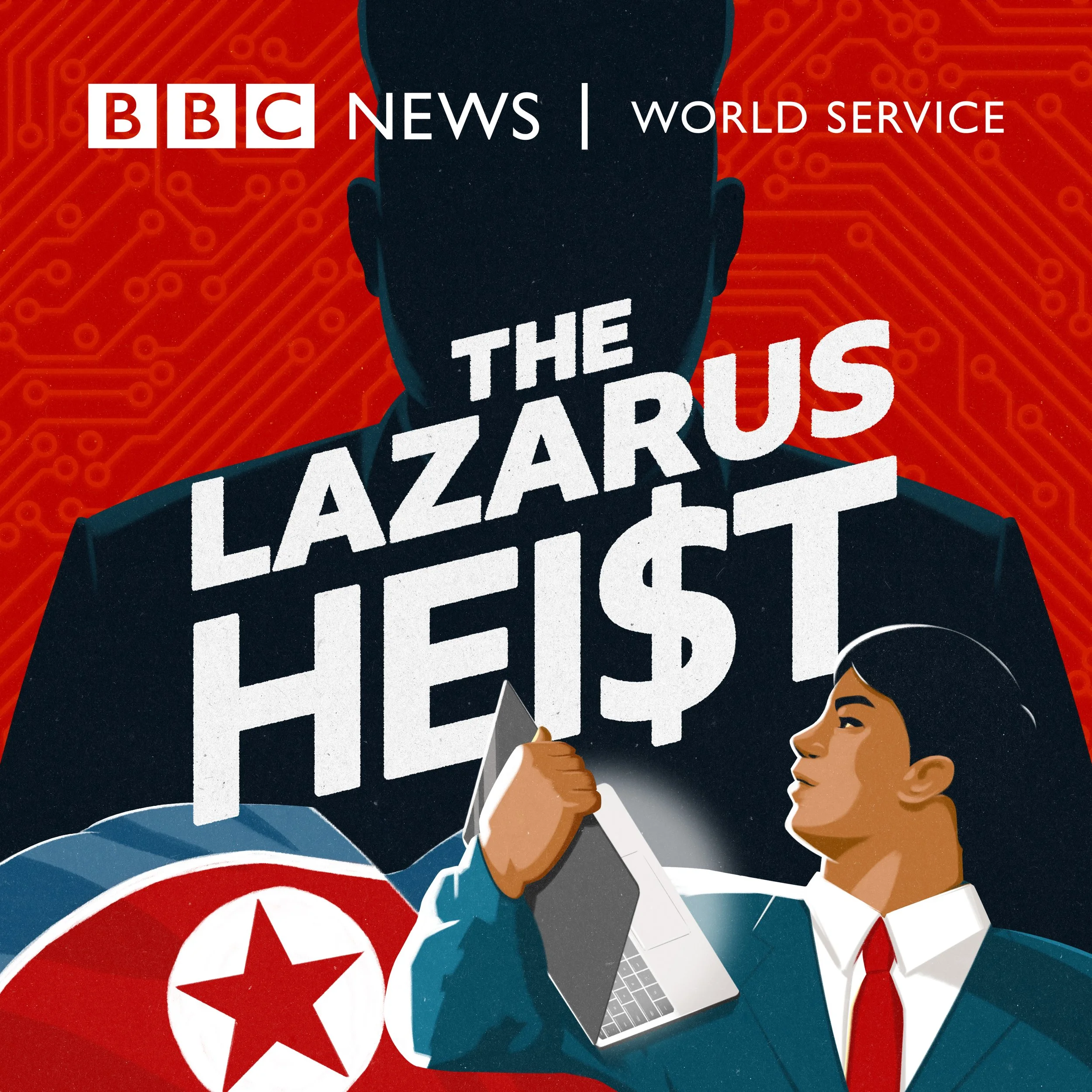


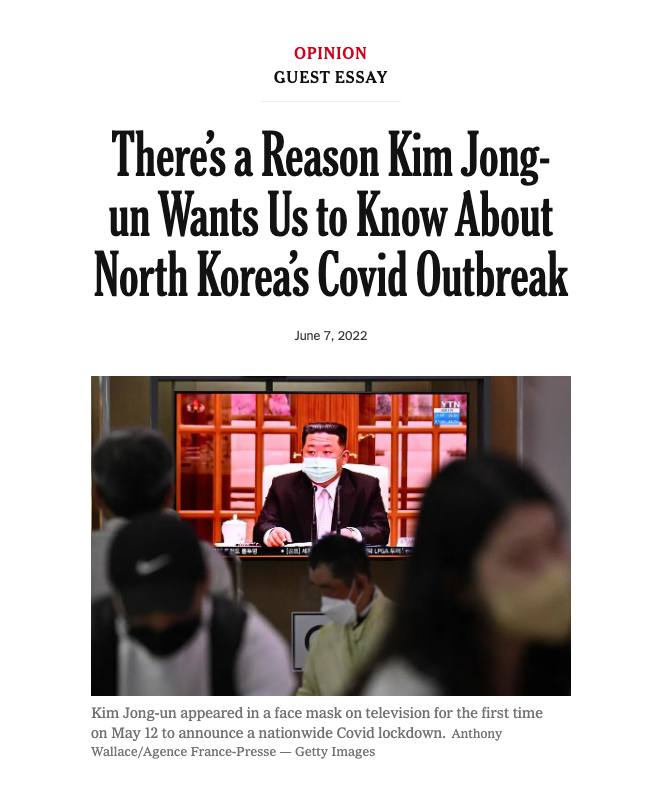

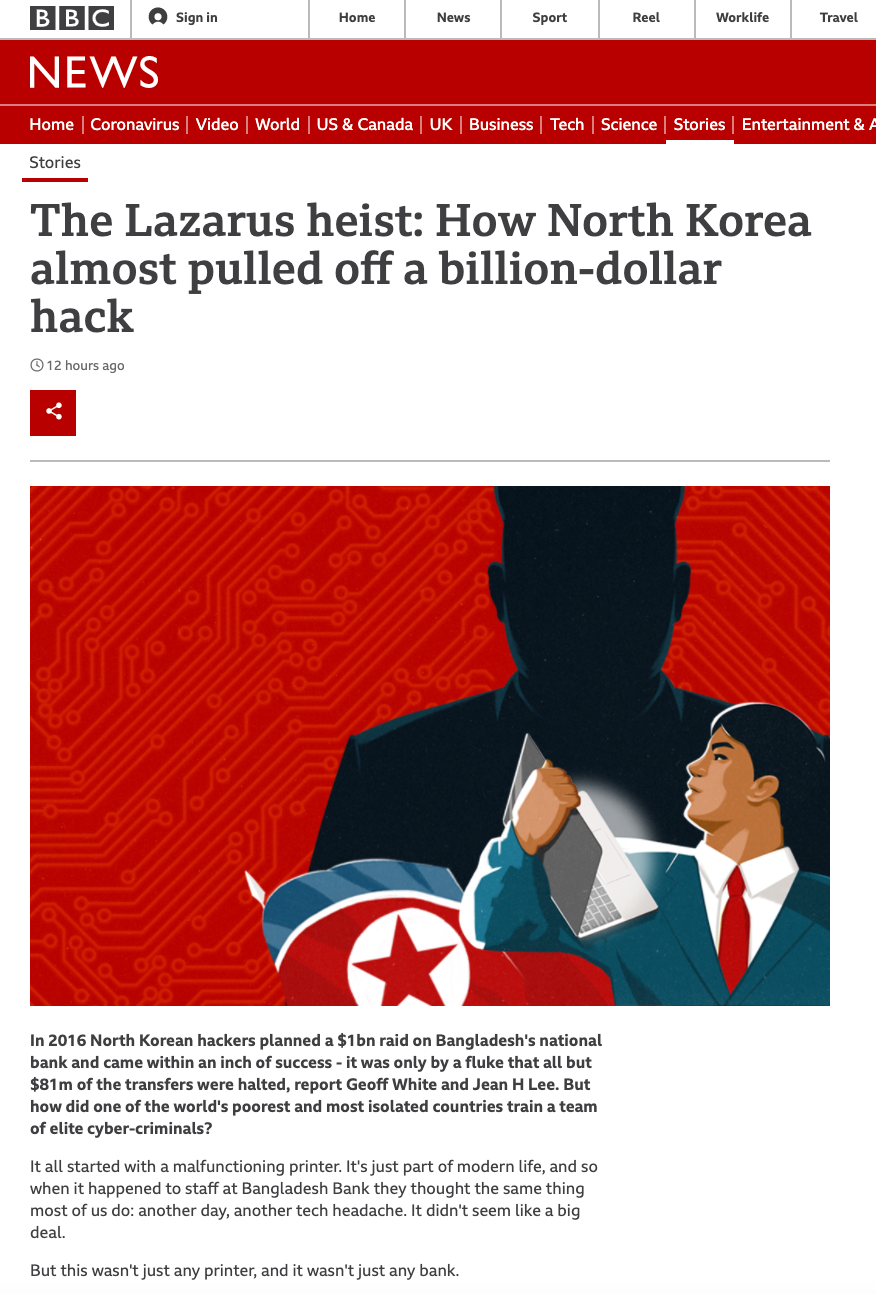
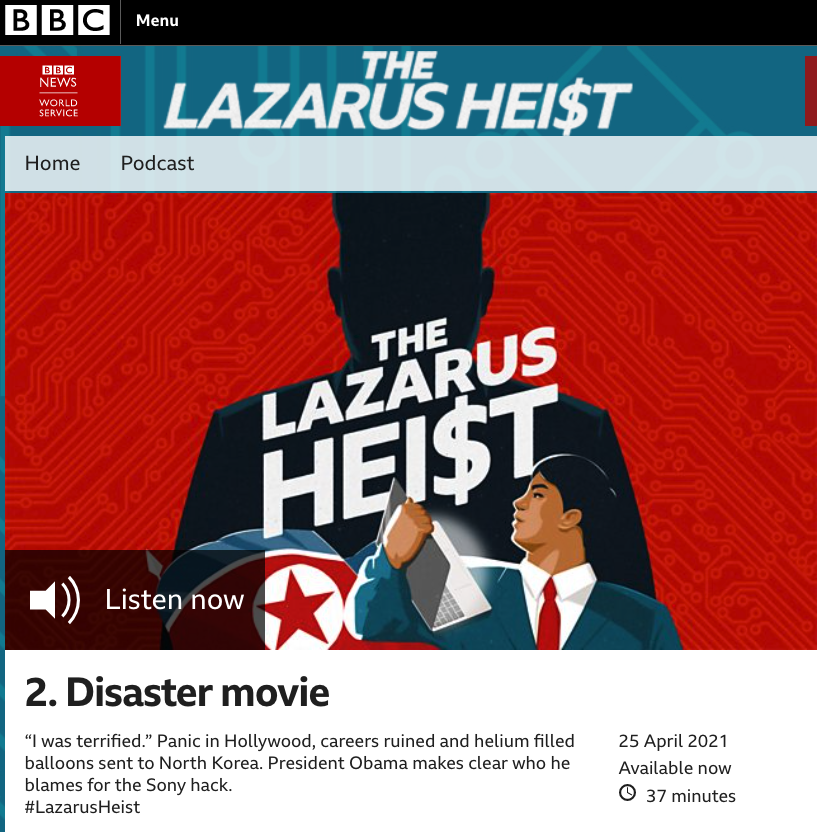












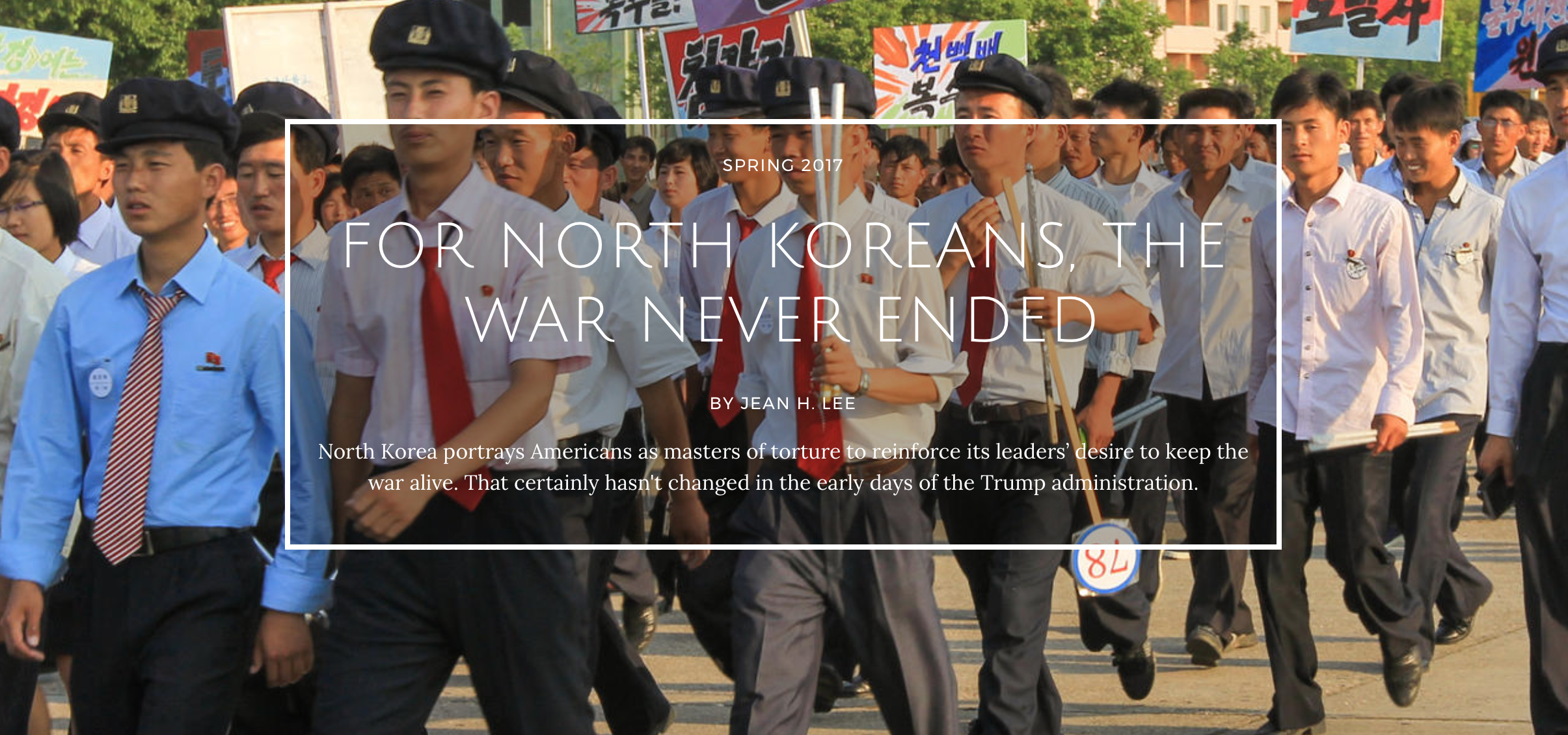


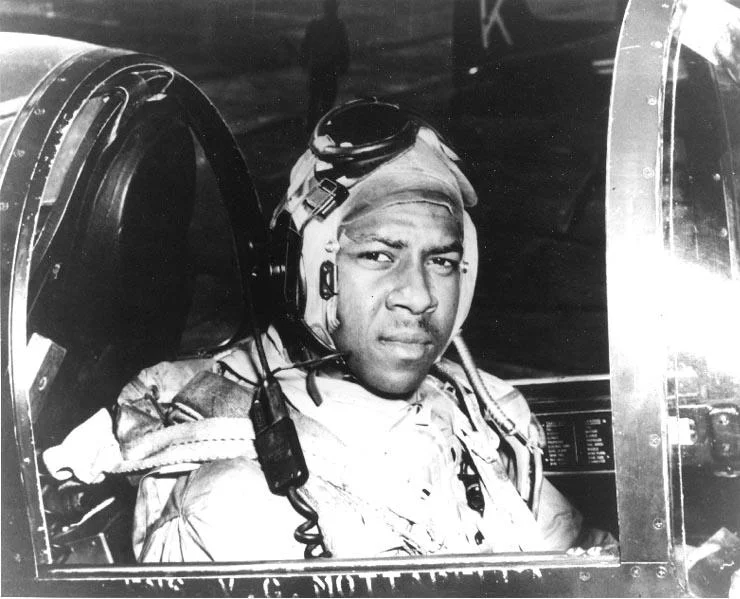
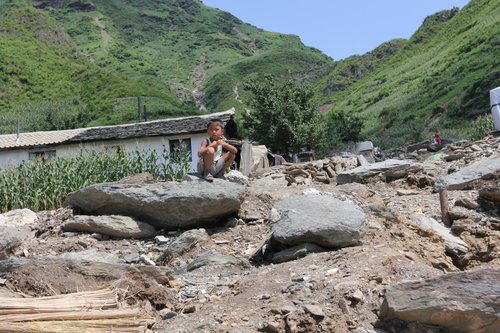




Download all episodes of The Lazarus Heist, watch Lazarus Heist animations, read our feature story about the hackers and view visualizations of the podcast episodes on Lazarus Heist homepage on the BBC World Service website!